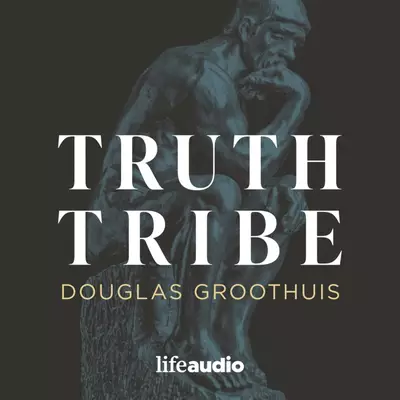How Jazz Can Shape Our Apologetics
Jazz is a national treasure, but is no longer a common pastime. First, rock and then hip-hop eclipsed its popularity long ago. Historian Gerald Early claims that three things uniquely define America: the Constitution, baseball, and jazz. Yet the sale of jazz records accounts for only a small fraction of the music market. The last time I checked, it was 4%.
Many of my students at Denver Seminary and at other institutions where I teach know very little about it, and are a bit puzzled if not flummoxed by my references to it. Others claim they “do not understand jazz,” perhaps with a twinge of guilt that they should. Last summer, a very intelligent and godly campus minister and long-time friend attended a jazz concert with me. Afterward, he said, “The music has a center, but I cannot find it.” I humbly or not-so-humbly told him that I had found it and that I loved it. I love it for many reasons. One outstanding reason is that it can help inform and reform our apologetics engagements through its distinctive genius. All that is needed is a bit of transposition from the sensibilities of jazz to the skills of apologetics. . . .
Jazz Skills for Apologetics
- Know the standard arguments in apologetics. See Douglas Groothuis, Christian Apologetics, 2nd (InterVarsity, 2022) and Douglas Groothuis and Andrew Shepardson, The Knowledge of God in the World and in the Word (Zondervan, 2022). (1 Peter 3:15; Jude 3)
- Spend time in the woodshed. Study and practice. (2 Timothy 2:15; Hebrews 5:11-14)
- Improvise according to your knowledge. (John 15:5)
- Learn to syncopate, or be creative in apologetics. (Luke 19:1-10; see also Acts 17:16-34)
Recommended books
- William Edgar, A Supreme Love.
- Robert Gelinas, Finding the Groove.
- Ted Gioia, The Imperfect Art.
- Ted Gioia,
- Douglas Groothuis articles about jazz at AllAboutJazz.com.
Discover more Christian podcasts at lifeaudio.com and inquire about advertising opportunities at lifeaudio.com/contact-us.

Website: https://www.DouglasGroothuis.com
